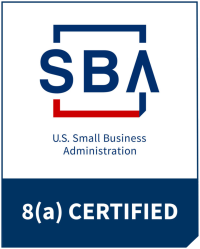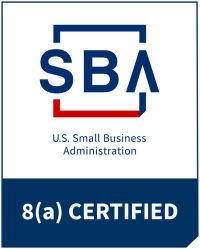In many ways, building a website is like building a brand new house. You buy the land (or URL), research, design, then build. After your house is complete and you move in, however, there are things you do periodically to keep your home safe and in good working order. Websites are no different, yet most people build them and walk away, leaving them wide open for a myriad of problems.
Keep Software Current
A website and all of its elements should be completely current when the site is handed over to you. Very quickly, however, the platform, templates, software and plugins get outdated. As newer browser versions are released, you could find that you website is no longer compatible. Some items may no longer be supported after some time, or bug and security fixes could become necessary. So, it’s important to update each element when newer versions become available.
Run Backups
Although updating your website components is critical, realize that each update could potentially cause an incompatibility issues without another component. Before you update anything, a backup should be run just in case. We all know we should backup computer files in preparation for some unforeseen catastrophic event (like you son or daughter pouring apple juice on your hard drive). Still, how many of us actually do it on a regular basis? Well, website catastrophes are much more common than PC meltdowns, and can be unintentionally self-inflicted as well. So, if you procrastinate anything, don’t make it your website backups.
Backing up your site is not typically a complicated task. It could be as simple as clicking backup and waiting. Your web host should do scheduled backups too, but you will want to find out what their schedule is, how much is backed up, and how complicated it is to get it restored if that becomes necessary. Oftentimes, you are better off doing it yourself.
Monitor for Hackers
No site is hacker-proof, as even the corporate giants with every safety measure in place get hit from time to time. Cybercriminals hack thousands of sites every day, why not yours? The purpose of the hacking could be to steal valuable information, shut down your site, plant visible or invisible links to other websites as an illegal SEO tactic, or just to prove they can do it.
Never assume that just because you have hacking guard dog software of some sort installed on your site that you are fine. Like everything else running on your site, it needs to be kept updated and monitored. Imagine installing Norton or McAfee but never running the software or security updates, and you will get the picture.
Having the right security software (firewall, antivirus, spam filter, etc.) and keeping it updated will go a long way to protecting your site. A visual scan from time to time is important as well. Check to see that the visible front end of your site is intact and that all links go where they are supposed to go. If you are a little tech savvy, periodically explore the code for altered or extra information as well.
The “Other” Website Maintenance
The term website maintenance can also mean keeping text, images, calendars and other content up-to-date. Of course, these things are just as important as keeping your site functional. If you plan to hire someone for website maintenance, be sure to clarify exactly what you expect. Like SEO, the term means vastly different things in different contexts.




